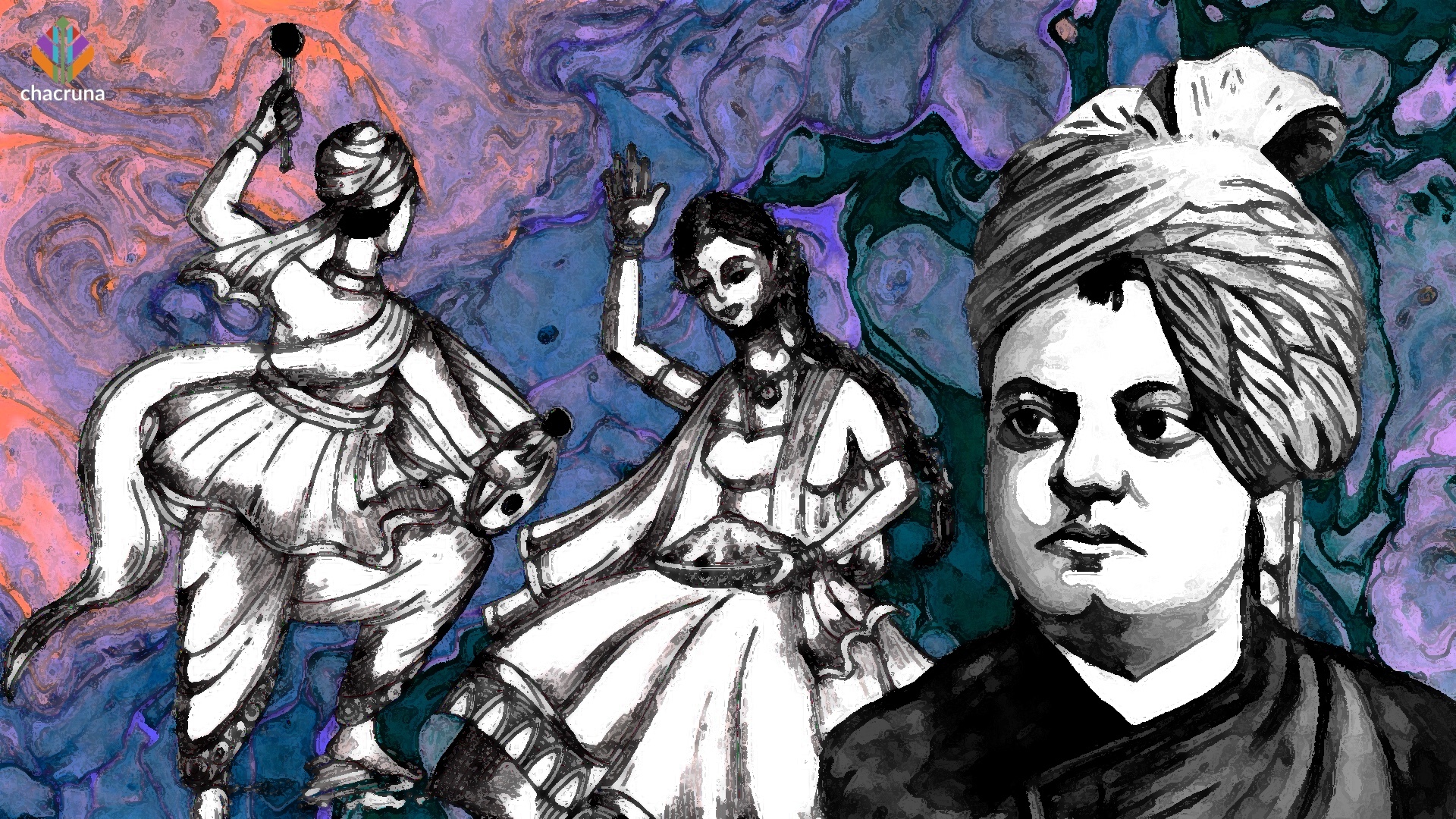It’s About: Overcoming the Persistence of Caste
In the wake of increasing awareness surrounding systemic discrimination and the wielding of power in policy, a profound examination of the Indian caste system emerges as a critical discourse. This paper dives into the foundational elements of the caste system, shedding light on its pervasive influence on the daily lives of individuals across various caste strata. Tracing its roots back to colonialism, the study illuminates how the caste system has been perpetuated through institutionalization, resulting in profound disparities and discrimination, particularly against marginalized groups like the Dalits.
The findings underscore the global relevance of the caste system, extending beyond the borders of India to other South Asian nations and diaspora communities worldwide. Despite variations in practice and recognition, caste-based discrimination persists, affecting individuals across diverse cultural and geographic contexts. This global dimension necessitates a comprehensive understanding of caste dynamics and their impact on mental health and psychological well-being.
Caste discrimination is a global issue, infiltrating communities worldwide.
One striking revelation is the prevalence of caste discrimination in North America, where South Asian diaspora communities grapple with the enduring legacy of the caste system. Instances of caste-based discrimination in workplaces, educational institutions, and social settings underscore the urgency of addressing this issue on an international scale. As evidenced by legal cases, corporate policies, and legislative actions, caste discrimination has become a focal point of equity, diversity, and inclusion efforts, demanding broader recognition and accountability.
Moreover, the paper elucidates the profound impact of caste status on psychological functioning, with individuals classified as lower castes experiencing disproportionately higher rates of depression, anxiety, and social exclusion. The interplay between caste, socioeconomic status, and mental health underscores the multifaceted nature of caste-based discrimination, necessitating nuanced approaches to intervention and support.
The psychological toll of caste-based stigma is profound, impacting self-esteem and mental health.
In conclusion, the study underscores the imperative for social scientists and policymakers to grapple with the global ramifications of the caste system. By delving into its historical roots, contemporary manifestations, and psychological implications, scholars can glean valuable insights into the complexities of systemic discrimination and the pursuit of social justice. Furthermore, the lessons gleaned from India’s affirmative action policies and the experiences of diaspora communities offer valuable avenues for advancing equity, diversity, and inclusion initiatives worldwide. Ultimately, by confronting the entrenched hierarchies of caste and fostering cross-cultural dialogue, societies can strive towards a more just and equitable future for all.
Note: This series highlights articles from the recently published special issue of Frontiers in Psychology, “Power, Discrimination, and Privilege in Individuals and Institutions,” edited by Sonya Faber, Monnica T. Williams, Matthew D. Skinta, and Bia Labate.
Goghari, Vina M. and Kusi, Mavis. (2023). An introduction to the basic elements of the caste system in India. Frontiers in Psychology 14. https://doi.org/10.3389/fpsyg.2023.1210577
Art by Luana Lourenço.
Take a minute to browse our stock:
Did you enjoy reading this article?
Please support Chacruna's work by donating to us. We are an independent organization and we offer free education and advocacy for psychedelic plant medicines. We are a team of dedicated volunteers!
Can you help Chacruna advance cultural understanding around these substances?















